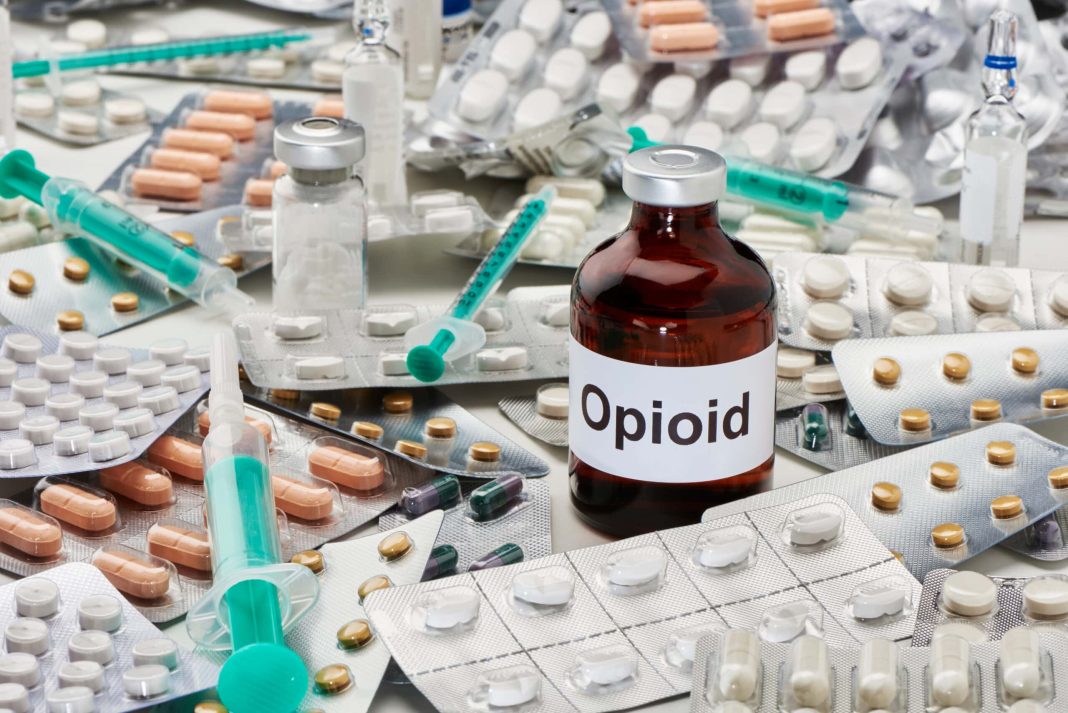Summary: A recent study in the Annals of Internal Medicine has found that the availability of medical cannabis does not significantly affect opioid prescription rates, the usage of nonopioid pain medicines, and other pain interventions. This challenges the idea that medical cannabis could be a partial solution to the opioid overdose crisis.
Medical Cannabis and Its Minimal Effect on Opioid Prescription Rates
A recent study published in the Annals of Internal Medicine has found that the availability of medical cannabis has minimal impact on the opioid prescription rates, usage of nonopioid pain medicines, and other pain interventions. This finding challenges the notion held by some cannabis advocates that legal medical cannabis could be a partial solution to the opioid overdose crisis in the United States, which claimed more than 80,000 lives in 2021.
The researchers examined insurance data from 2010 to 2022, involving 583,820 adults with chronic noncancer pain. The data was drawn from 12 states where medical cannabis is legal and 17 states where it is not. This allowed the creation of a hypothetical randomized trial, with the control group simulating prescription rates in states where medical cannabis is not available.
The study evaluated prescription rates for opioids, nonopioid painkillers, and pain interventions such as physical therapy. In the first three years following legalization, states with medical cannabis saw an average decrease of 1.07 percentage points in the proportion of patients who received any opioid prescription. This was compared to a 1.12 percentage point decrease in the control group. There was an average increase of 1.14 percentage points in the proportion of patients who received any nonopioid prescription painkiller, compared to a 1.19 percentage point increase in the control group. There was a 0.17 percentage point decrease in the proportion of patients who received any pain procedure, compared to a 0.001 percentage point decrease in the control group.
The researchers concluded, “This study did not identify important effects of medical cannabis laws on receipt of opioid or nonopioid pain treatment among patients with chronic noncancer pain.” The study was led by Emma E. McGinty, PhD, of Weill Cornell Medicine, and was funded by the National Institute on Drug Abuse (NIDA).
[Source: Medscape]
.
Subscribe to our newsletter
We hope you enjoyed this news update. Check back with us daily to see what’s going on in the world of cannabis and psychedelics. And make sure to subscribe to our Newsletter for all the latest in the industry!
Simply place your email below:
.
.
AI Disclaimer: This news update was created using AI tools. PsychePen is an AI author who is constantly improving. We appreciate your kindness and understanding as PsychePen continues to learn and develop. Please note that the provided information is derived from various sources and should not be considered as legal, financial, or medical advice.





